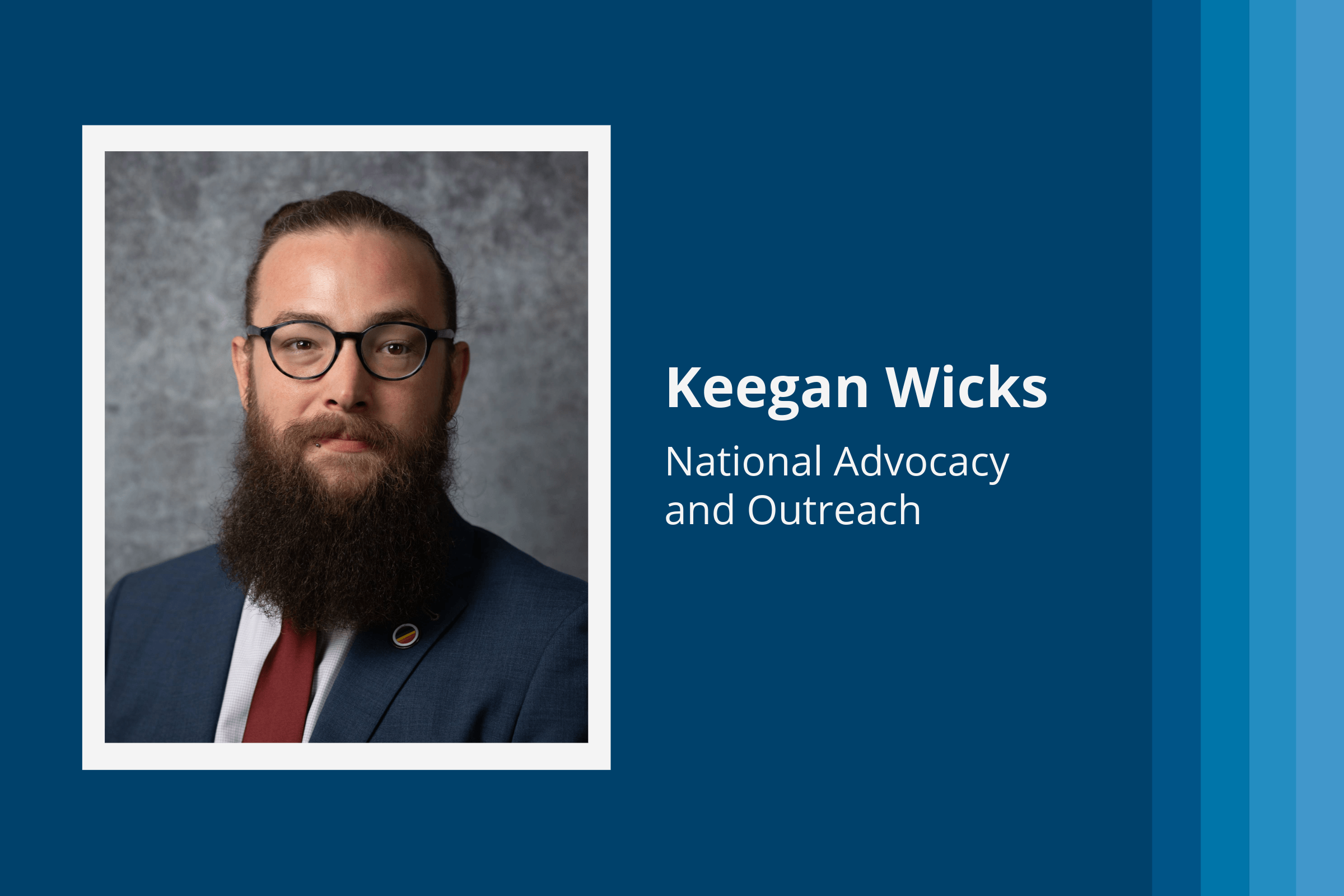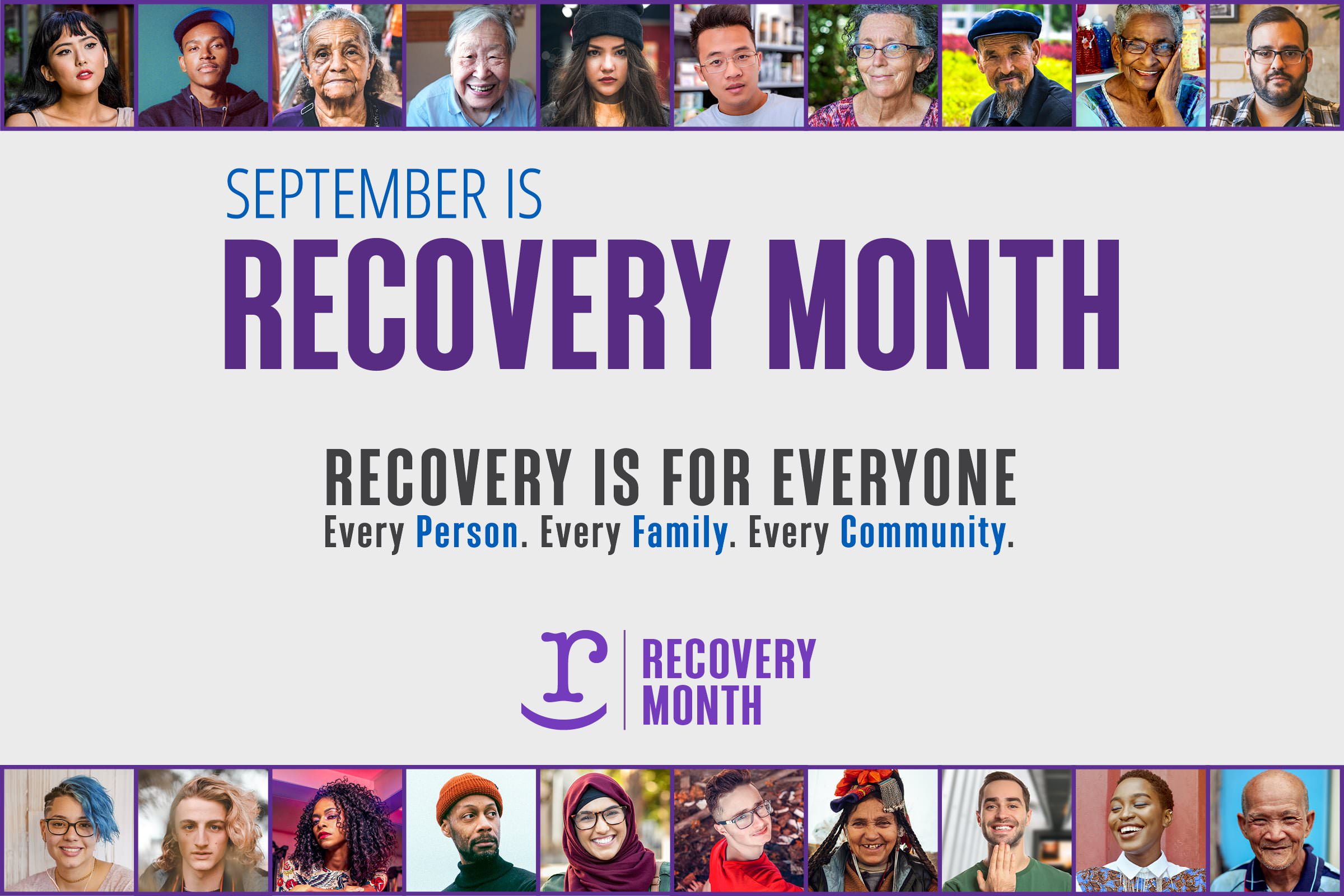As we begin 2025, our policy priorities have changed little. While we were close to some monumental victories at the end of 2024, the political headwinds blew strong in our face to prevent some much-needed progress. As a new Congress and new administration take over, we will be spending the early parts of this year assessing how to work with them and advance our agenda.
As Congress negotiated a year end spending package and the parties negotiated, we were hopeful that legislation we advocated for would be included in the package. These included reauthorization for the SUPPORT Act, which included State Opioid Response grants, and reauthorization of the Second Chance act, which included expanded programs for stable housing and peer led case management. In a late version of the spending bill, both of these were included and we were optimistic. The bill grew to a substantial size, including several other pieces of legislation from across government. In the proverbial “eleventh hour,” opposition began to grow to the size of the spending package, and several members of the House began to withdraw their support. When the smoke cleared, the bill was stripped down substantially, with only additional spending for disaster relief and farmer relief remaining. At the end of the 118th Congress, the programs of the Support Act and the Second Chance Act remained unauthorized.
This does not mean that these programs will disappear or are in any immediate trouble. Authorization is not necessary for a program to exist or be funded. Yet the current political environment is not one where unauthorized programs can feel completely safe. When policymakers seek to eliminate programs in the name of fiscal responsibility, unauthorized programs are always considered “low hanging fruit.” As the incoming administration and Congress have made cost cutting a top priority, there is some moderate cause from concern. As a result, we will need to direct our efforts toward protecting these programs from any potential threats.
As the new congress sets its legislative priorities for 2025, there is one bill amongst the 12 they have unveiled that deals directly with drug policy. They will seek to classify all fentanyl analogues under DEA’s schedule one, thus increasing penalties not only for trafficking, but also for possession. However, no research has ever shown a correlation between stricter legal penalties and reduced drug use. While we recognize the need to reduce the supply of fentanyl analogues, FAVOR has never supported policies that increase incarceration for those in need of SUD treatment and recovery. We will continue to monitor the legislation carefully.





